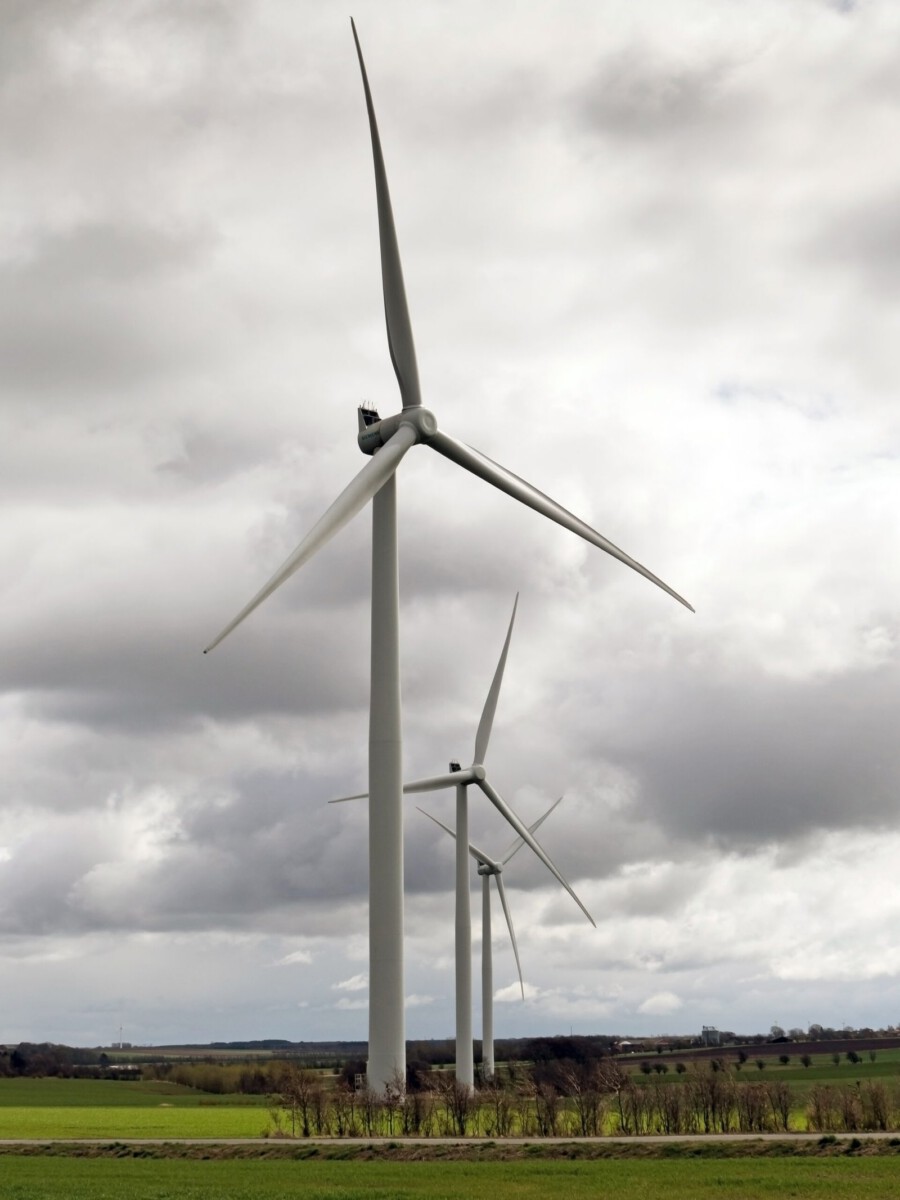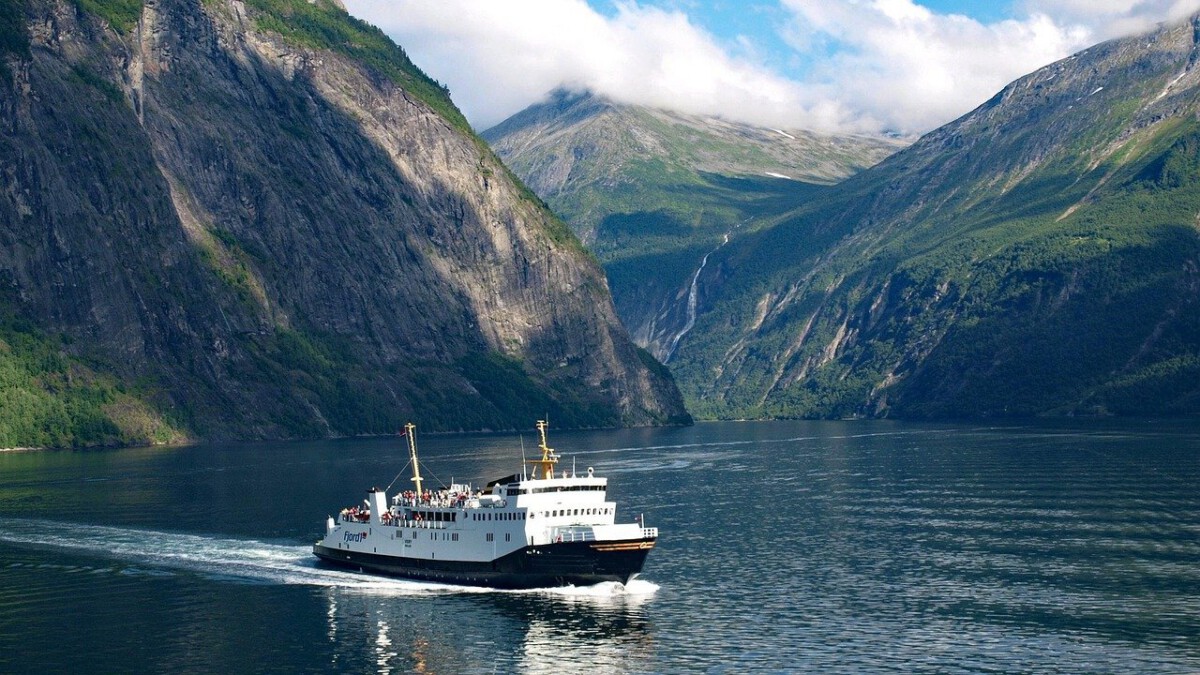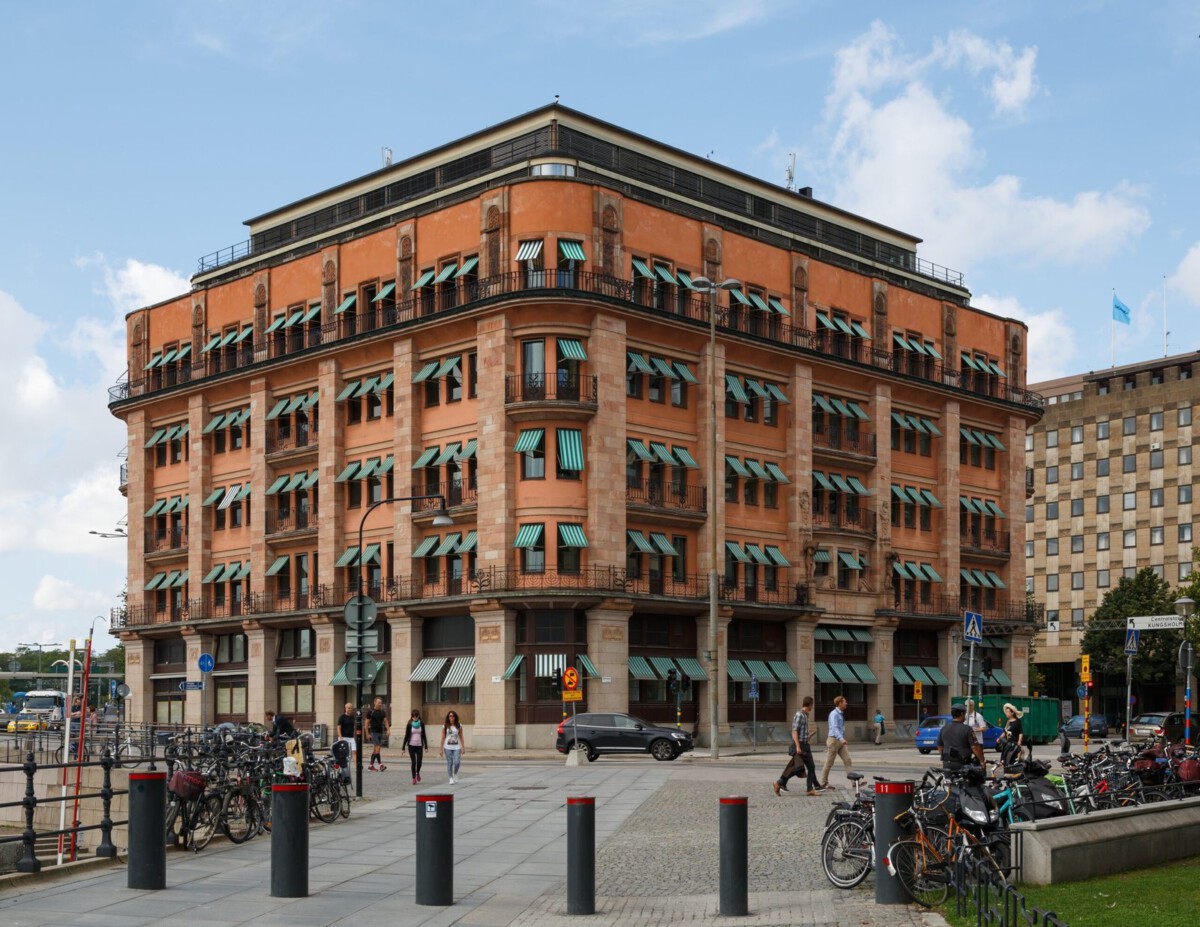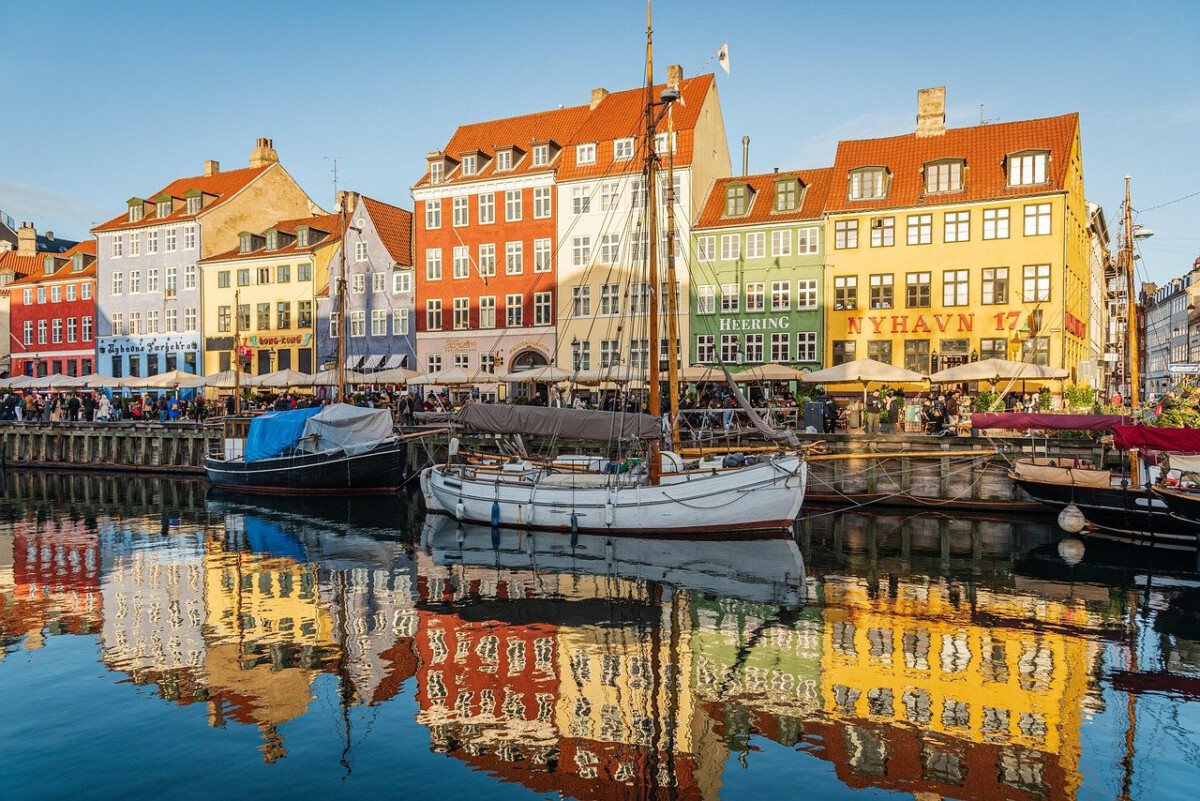Travel Satisfaction Spikes When You Spend Less

A 2024 study by the World Tourism Happiness Index revealed that travelers who spent under $1,500 on a week-long trip reported a 17% higher satisfaction rate compared to those spending over $5,000. The report gathered data from 12,000 travelers globally and found that budget-conscious travelers valued memorable experiences over material comforts. According to the same study, 81% of respondents said that finding great deals or making their money stretch made them feel “proud” and “excited” about their trip. Real-time booking data from Skyscanner also showed that searches for low-cost travel packages increased by 28% in the first quarter of 2025. This suggests a rising trend of travelers associating value with happiness, not luxury. The emotional high of discovering bargains and making every dollar count consistently outperformed the fleeting pleasure of luxury amenities according to recent interviews conducted by The Points Guy in March 2025. Many respondents described budget travel as “empowering” and “freeing.”
Authenticity and Human Connection Flourish on a Budget

A March 2024 report by Booking.com found that 67% of budget travelers felt they formed more genuine connections with locals compared to luxury travelers, who were 42% less likely to engage outside curated experiences. Travelers staying in hostels, guesthouses, or using homestays like Airbnb reported higher rates of meaningful conversations and invitations to local events. According to Hostelworld’s 2025 annual review, 73% of guests cited meeting new people as a highlight of their trip, compared to just 21% of five-star hotel guests. The report noted that budget travelers often used public transportation and frequented local eateries, which naturally led to more spontaneous interactions. A survey by Lonely Planet in January 2025 also found that travelers prioritizing experience over comfort were more likely to learn a new language or participate in cultural rituals. These findings highlight how budget travel fosters openness, curiosity, and genuine cultural immersion—factors closely linked to happiness and personal growth.
Budget Travel Encourages Spontaneity and Adventure

The Expedia 2025 Travel Trends Report revealed that 58% of travelers on a tight budget embraced last-minute changes and unexpected detours, compared to only 29% of luxury travelers. When forced to adapt, budget travelers often stumbled upon unplanned adventures that became the most memorable parts of their journeys. For example, a viral TikTok trend in late 2024 featured travelers using “spin-the-wheel” apps to choose random destinations, with over 12 million views on videos tagged #BudgetAdventure. According to a survey by National Geographic Traveler in February 2025, 61% of budget travelers reported that their favorite travel memories came from spontaneous decisions. In contrast, luxury trips, often rigidly pre-planned, left little room for such serendipity. This flexibility leads to deeper feelings of excitement and fulfillment, as budget travelers learn to embrace uncertainty and turn limitations into opportunities for joy.
The Science: Experiences Beat Things, and Budget Travel Maximizes Experiences

A Harvard Business Review article published in January 2025 cited multiple new studies confirming that happiness from travel is rooted in experiences, not possessions. Dr. Sonja Lyubomirsky, a leading psychologist at the University of California, Riverside, explained that “spending less on luxury allows travelers to invest more in activities, learning, and connections, which are scientifically proven to boost well-being.” According to the 2024 Travel Experience Index, travelers who chose cooking classes, guided hikes, or local workshops over luxury spa treatments rated their trips as 23% more meaningful. The report also found that budget travelers were three times more likely to try new foods, learn skills, or participate in festivals. These activities foster long-lasting memories, with 89% of respondents reporting that such experiences increased their happiness months after returning home.
Financial Stress Is Lower for Budget Travelers

A February 2025 study by the Global Travel Institute found that 54% of luxury travelers worried about overspending or accruing debt during their trips, while only 18% of budget travelers reported similar concerns. The study analyzed spending behaviors and emotional states of 6,000 vacationers across North America and Europe. Budget travelers often set clear spending limits and prioritized essentials, reducing post-trip financial regret. In contrast, luxury travelers were more likely to feel anxious about bills and guilty about indulgence. A 2024 YouGov poll revealed that 72% of respondents felt “relieved” and “content” when traveling within their means, describing a sense of “financial freedom” that amplified their enjoyment. The data suggests that the peace of mind from sticking to a budget directly contributes to happier and more relaxed travel experiences.
Environmental Impact and Purpose-Driven Travel

According to the 2025 Sustainable Travel Barometer, budget travelers are 41% more likely to use eco-friendly transportation and support local businesses. The Barometer’s data showed that backpackers and budget-conscious tourists preferred trains, buses, or shared rides, reducing their carbon footprint compared to private luxury transfers or first-class flights. A 2024 report by EcoTourism International found that travelers spending less tended to choose accommodations with green certifications or participate in community-based tourism projects. These conscious choices foster a sense of purpose and responsibility, which researchers at Princeton University (2025) linked to higher life satisfaction scores. The study found that 68% of eco-minded budget travelers felt “proud” of their positive impact, while only 26% of luxury travelers reported the same. This alignment between values and actions is a powerful driver of happiness.
Personal Growth and Resilience Increase with Budget Travel

A January 2025 report from Psychology Today highlighted that navigating challenges—language barriers, unfamiliar transit systems, or tight budgets—builds resilience and self-confidence. Budget travelers were 2.5 times more likely than luxury travelers to report feeling “capable” and “resourceful” after their trip. The same report referenced a 2024 experiment in which two groups of travelers visited the same country, one on a strict budget and the other with unlimited funds. The budget group reported greater growth in problem-solving skills and a stronger sense of accomplishment. The process of overcoming obstacles, negotiating prices, and finding creative solutions translated to greater happiness and lasting self-esteem. These real-world skills, acquired in the unpredictable environment of budget travel, contribute to a more fulfilling life overall.
Budget Travel Sparks Creativity and Imagination

A 2024 research paper by the European Travel Commission found that budget travelers scored 22% higher on creativity assessments post-trip than luxury tourists. The need to improvise—whether finding cheap eats, alternative routes, or unique local experiences—stimulates creative thinking. The report cited examples such as travelers inventing games to pass time on long bus rides or collaborating with locals on community art projects. In March 2025, an Instagram campaign called #CreativeBudgetTravel amassed over 4 million posts, showcasing inventive hacks and imaginative ways to stretch travel funds. This culture of resourcefulness not only enhances the travel experience but also leads to greater happiness, as creative problem-solving is linked to increased dopamine levels and overall satisfaction according to neurologist Dr. Alice Laurent’s 2025 review.
Community and Social Bonds Are Stronger on a Budget

Hostelworld’s “State of Social Travel 2025” report found that 68% of solo budget travelers made at least one new close friend per trip, compared to just 18% of those staying in luxury hotels. The communal spaces and shared facilities of budget accommodation encourage interaction, collaboration, and a sense of belonging. In contrast, the privacy and exclusivity of luxury stays often lead to isolation and missed opportunities for connection. The report included testimonials like, “I met my best friend in a hostel kitchen in Lisbon—something that never would have happened in a five-star suite.” Group tours, free walking excursions, and communal cooking classes were more popular among budget travelers, fostering lasting friendships and support networks that extend beyond the trip itself. This sense of community is a well-documented predictor of happiness and mental well-being.
Budget Travel Is Driving Global Tourism Trends in 2025

The United Nations World Tourism Organization (UNWTO) reported in April 2025 that budget travel accounted for 63% of all international trips, up from 54% in 2022. The surge is attributed to shifting attitudes post-pandemic, with more people prioritizing value, authenticity, and emotional fulfillment over luxury. The UNWTO noted that emerging markets in Southeast Asia and South America saw the highest rates of budget travel growth, with youth and Gen Z travelers leading the way. Major online travel agencies, including Airbnb and Hostelworld, expanded their budget offerings in response to this demand. Travel influencers and bloggers, such as the “Budgeteers” and “Nomadic Matt,” have amassed millions of followers by sharing real-time tips and honest reviews, further fueling the movement. These trends reflect a worldwide shift toward affordable, meaningful, and ultimately happier travel experiences.





